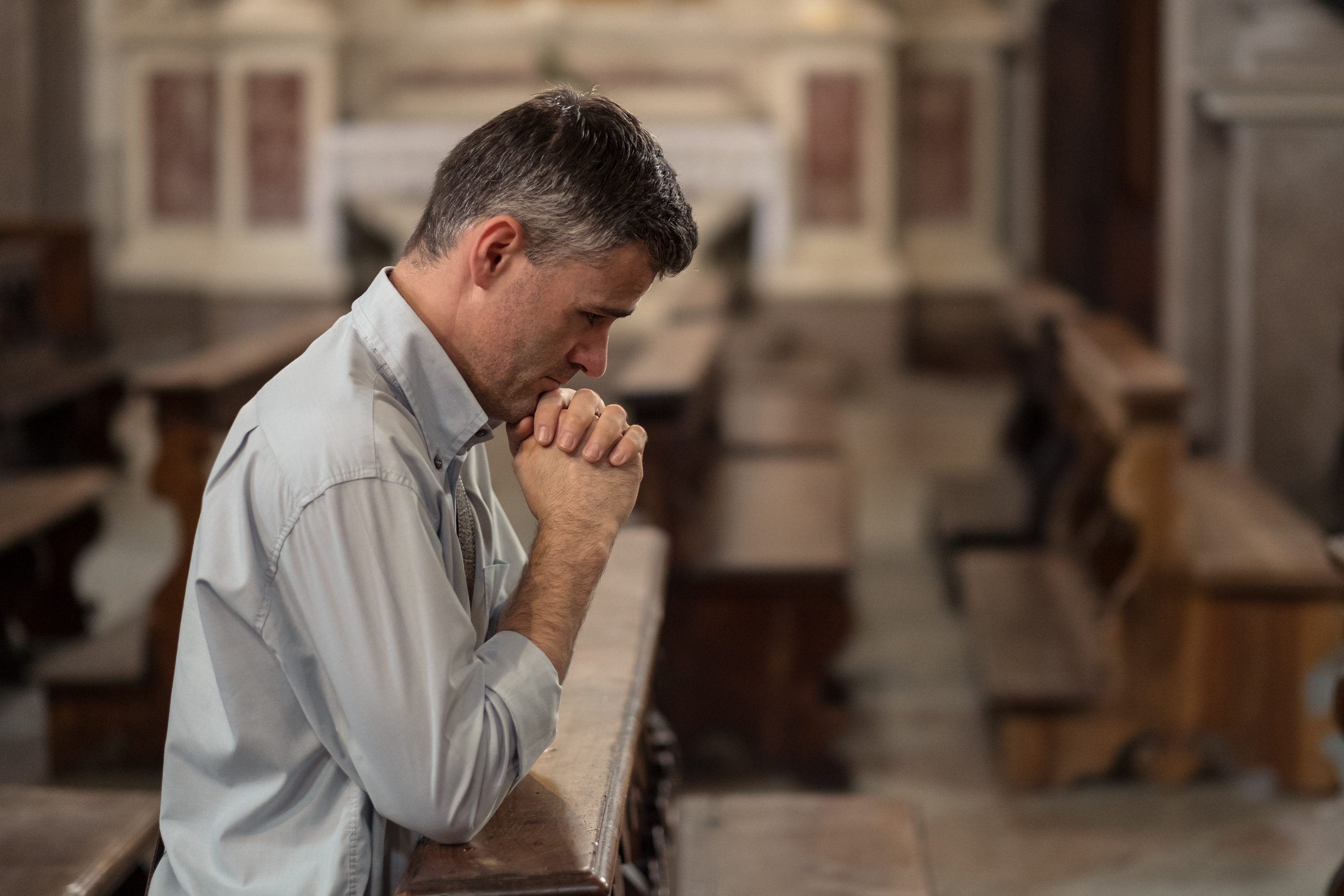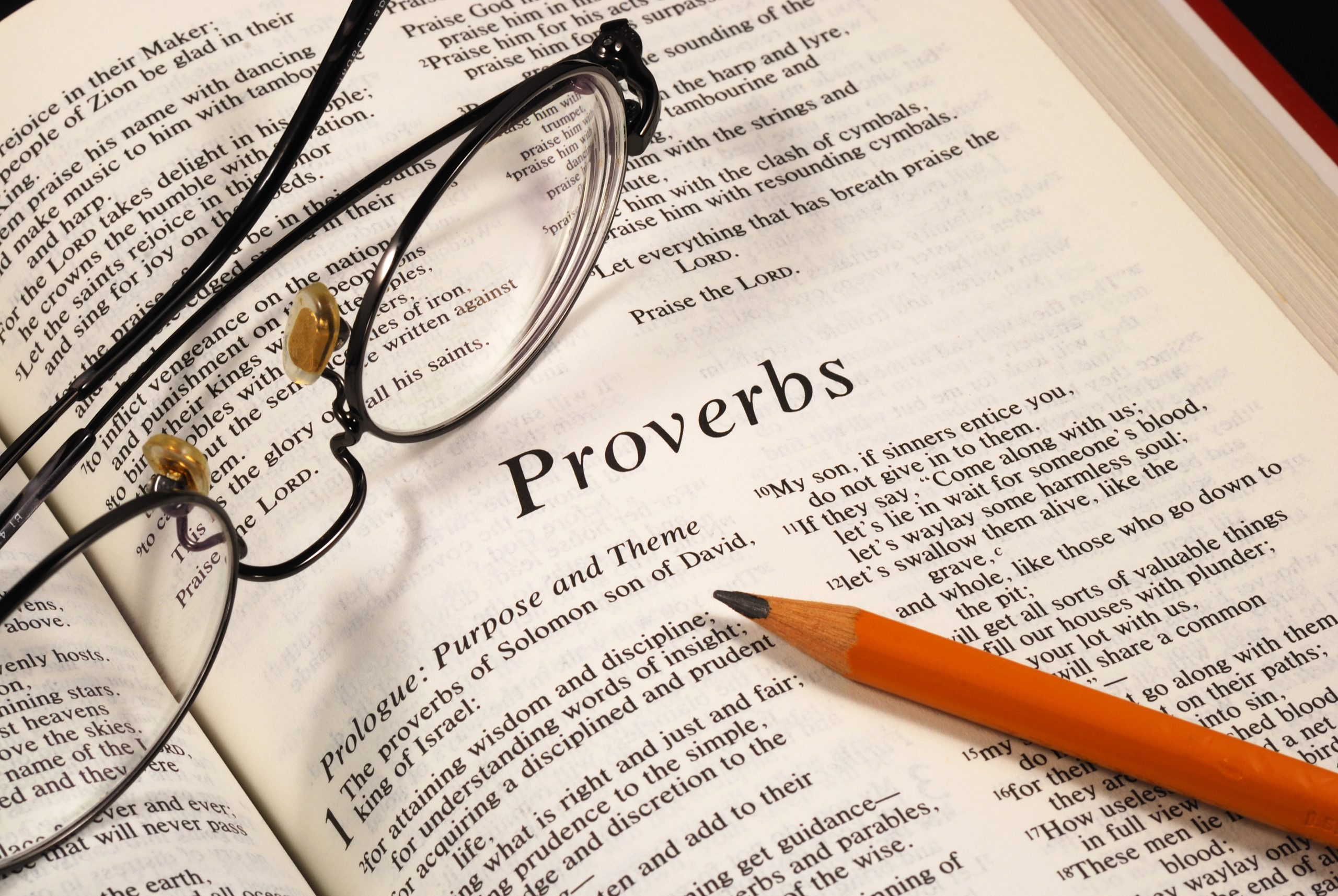
I always appreciate learning more about how to pray, how to talk to God. Especially when troubled, or in trouble. As I often say, the Psalms are chock full of great examples, even conversations between God and His child. Psalm 4 is yet another pattern for prayer.
Again, this is an example of a Psalm I’ve read repeatedly over the years; yet as I turned to it today, the Spirit opened my eyes to something new, something which never caught my attention before. As I read the familiar words, it was the structure of the prayer that stood out to me in a new way.
It encouraged me, so I share it with you in hopes it will help your prayers, too. For the purpose of our little prayer lesson, the exact complaint of the pray-er is not our focus as much as how he goes about it.
This prayer offers a great pattern for dealing with conflict, whether your issue is with a human or with bad spiritual forces using the weaknesses of humans in your life to afflict you.
Please read it through one time:
1 Answer me when I call, O God of my righteousness! You have relieved me in my distress; be gracious to me and hear my prayer.
Psalms 4 (NASB)
2 O sons of men, how long will my honor become a reproach?
How long will you love what is worthless and aim at deception?
Selah.
3 But know that the Lord has set apart the godly man for Himself; the Lord hears when I call to Him.
4 Tremble, and do not sin; meditate in your heart upon your bed, and be still.
Selah.
5 Offer the sacrifices of righteousness, and trust in the Lord.
6 Many are saying, “Who will show us any good?” Lift up the light of Your countenance upon us, O Lord!
7 You have put gladness in my heart, more than when their grain and new wine abound.
8 In peace I will both lie down and sleep, for You alone, O Lord, make me to dwell in safety.
First, the Hebrew term selah is thought to be an instruction to pause in God’s presence and ponder these words before you move on. It’s a good thing. Now, let’s go through Psalm 4 one verse at a time.
1 Answer me when I call, O God of my righteousness! You have relieved me in my distress; be gracious to me and hear my prayer.
The pray-er addresses God first, calling on God to hear his prayer. He affirms that God has helped him before, and humbly asks him to extend him the grace to hear him again.
Now verse two:
2 O sons of men, how long will my honor become a reproach?
How long will you love what is worthless and aim at deception?
Selah.
The pray-er stops addressing God and speaks to the offender.
Why the shift? The picture I get is that, having asked God to attend his prayer, the pray-er has turned, so to speak, to voice his accusation with God standing by him, attending and acting as a witness to his complaint.
Then, a pause. Why? We can’t read the pray-er’s mind, but I propose two possibilities:
- In speaking the words out loud, the pray-er can really hear what he’s thinking. It is valuable to verbalize the words of your accusing heart, to see if it seems as true “out there” as it did in the recesses of your mind.
- God, hearing your charge, now has an opportunity to weigh in. That is, IF you listen for it. In other words, you’re not spit-firing accusations and multiplying words in anger, but soberly coming before the Judge, stating your case, and waiting to see if He affirms your cause.
Moving on to verses three and four:
3 But know that the Lord has set apart the godly man for Himself; the Lord hears when I call to Him.
4 Tremble, and do not sin; meditate in your heart upon your bed, and be still.
Selah.
The pray-er affirms to the offender he is committed to honor God by living a godly life, adhering to God’s values. This gives him confidence that God hears His prayers. When added to verse four (warning his offender essentially to cut it out!) we have a picture we can all relate to from childhood.
That is, when we got hurt or threatened by some punk, we stood up and warned, “Just you wait until I tell my Dad! You’ll be sorry. You better stop hurting me now or my Dad will come after you.”
The pray-er puts the offender on notice that God will back him up; i.e., “You’re not just dealing with me, you’re coming against the God I’m joined to by covenant. He will avenge me if you keep sinning against me.”
That’s a real thing, people. The pray-er’s confidence comes from his covenant union with God through Christ!
I wonder: is the pray-er saying this to remind himself or the offender? The answer is likely, both!
Following all that is another pause, just so the enemy can let THAT news sink in.
Now verse five:
5 Offer the sacrifices of righteousness, and trust in the Lord.
It seems to me that the pray-er is now preaching to the offender!
He has moved on from accusing and warning, to reminding them that if they honor God and His ways, they too can have God for friend and defender. In the midst of being offended, the pray-er has not forgotten how much we all need the Lord.
Now verse six:
6 Many are saying, “Who will show us any good?” Lift up the light of Your countenance upon us, O Lord!
It appears the pray-er turns back to address God once more.
First, he refers to the fact that few men, if any, are considered to be truly good. This strikes me as a humble acknowledgment, even having testified against his offender, that he is likely not perfect either.
This reminds me of the time when someone addressed Jesus as “good teacher” and he responded, “Why do you call me good? No one is good—except God alone.” (Luke 18:19) That was an amazing show of humility!
Whatever he means by his statement, the pray-er wisely asks for God to reveal Himself to both of them — which is what it means to shine his face or countenance upon them. To bring His light and truth to the matter which has put these two parties at odds with one another.
This, beloved, will always bring the best outcome for all.
There have been times when I was absolutely certain I judged something right, but when God leaned in with His light, I saw better.
The point is, in all conflicts we should always desire for God to be revealed, not just have our way.
Finally, verses seven and eight:
7 You have put gladness in my heart, more than when their grain and new wine abound.
8 In peace I will both lie down and sleep, for You alone, O Lord, make me to dwell in safety.
The pray-er finishes by affirming that God is the source of his joy, and of the peace in his heart and mind. He feels safe with God at his side. In this the pray-er is testifying to God, to himself, and to his adversary.
I hope to open your eyes more to notice things like these structures when you read the Scriptures, especially the Psalms. It matters.
Consider that, if you are indeed going to have a serious talk with another about your offense at them, you can frame your meeting as a prayer by inviting God to attend, putting yourself in a posture of humility as you state your complaint. This positions God in the middle of your conflict to the best of your ability. Even if the other party doesn’t believe, know or understand that, you and God do, and that can make all the difference.
Even when this kind of prayer is not spoken in the presence of a human offender, but only to God and to your spiritual enemy, it offers a powerful pattern, and I’m sure you’ll recognize how to adjust for that.
These are my musings on Psalm 4. You, beloved, may see differently and even more. I pray the Spirit will personalize it for you. May the Spirit help you learn just what you need to know in handling your own conflicts, and how to bring the Lord in the middle, right where He belongs.
Selah.
2 COMMENTS
Leave A Comment
This site uses Akismet to reduce spam. Learn how your comment data is processed.






Diane Brown | 29th May 21
Great clarity.
Tonia Woolever | 29th May 21
Thank you, Diane. Clarity is always the goal!